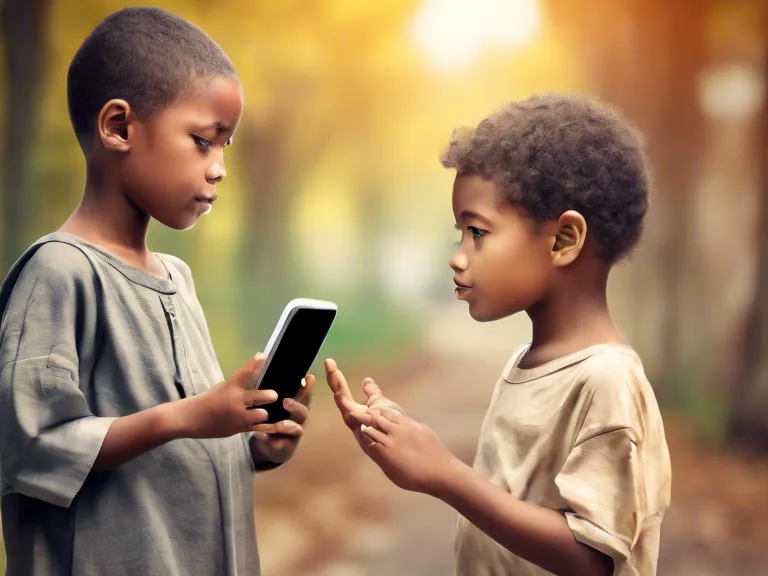
Technology plays a significant role in our modern lives, impacting every aspect of society, including children's health. Cultural perspectives on technology vary widely, influencing how children interact with devices and the potential consequences for their well-being. From screen time recommendations to the use of educational apps, different cultures approach technology in diverse ways, affecting children's physical, mental, and emotional health.
In some cultures, technology is embraced as a tool for education and entertainment, with parents encouraging children to use devices for learning purposes. Educational apps and online resources can enhance children's cognitive development and academic skills, providing valuable opportunities for growth. However, excessive screen time can also have negative effects on children's health, leading to issues such as obesity, sleep disturbances, and attention problems.
Other cultures take a more cautious approach to technology, limiting children's screen time and promoting outdoor play and physical activities instead. These cultural perspectives prioritize physical health and social interactions, recognizing the importance of balance in children's lives. While technology can offer many benefits, such as access to information and communication with others, it is essential to consider the potential risks and limitations for children's well-being.
Cultural attitudes towards technology can also impact children's mental and emotional health. In some cultures, there is a strong emphasis on academic achievement and success, leading to increased pressure on children to excel in their studies. Technology can exacerbate this pressure, as children may feel the need to constantly be connected and productive. This can contribute to stress, anxiety, and feelings of inadequacy, affecting children's mental health and well-being.
Overall, cultural perspectives on technology play a significant role in shaping children's health outcomes. By considering the ways in which different cultures approach technology use and its impact on children, parents and educators can make more informed decisions about how to support children's health and well-being in the digital age.

